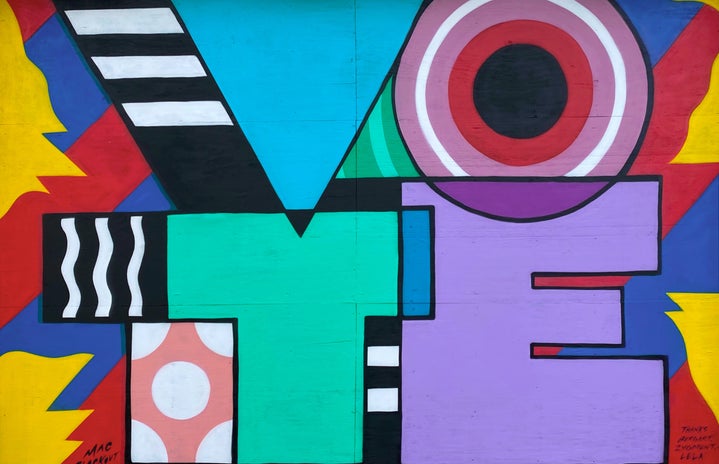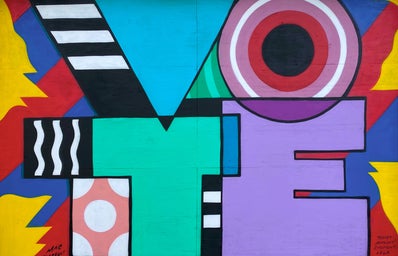With votes still being counted for this year’s midterm elections, countless U.S. citizens have enacted their voting plans. Options like voting early or by mail made it easier for people to fit voting into their schedules. This is especially helpful when people are already dealing with life’s everyday demands like childcare, relationships and work. Luckily, most states also require workplaces to give employees time off to vote. Every election cycle, these labor laws ease the voting process for millions of workers throughout the country. Without such laws, voter turnout among the employed could be much lower.
Colleges, on the other hand, aren’t required to give students time off to vote. They can hold classes on Election Day with no consequences—and the majority of them do.
University students face many barriers to voting, most notably busy school schedules. It’s difficult for students to make it out to the polls if they’re stuck in lecture halls all day or have important assignments due. Moreover, college students are usually less experienced voters, so it can take them more time to figure out when, where and how to vote. By not giving students time off to vote, colleges dismiss the importance of their student body’s civic participation.
Saint Louis University (SLU) is a university that doesn’t cancel classes on Election Day. This year, 36% of SLU’s undergraduate students are from Missouri, which adds up to over 2,900 voters. This figure doesn’t even consider the large group of students from nearby Illinois towns who could easily drive home to vote if given time off. If SLU canceled classes on Election Day, hundreds of local students would suddenly have plenty of time to vote in person.
On top of this, SLU is a mid-sized school with a majority of out-of-state students. Think about the effect of canceling classes at a large state school like the University of Illinois at Urbana-Champaign (UIUC), which enrolls more than 25,000 in-state undergraduate students. Since Election Day is a state holiday in Illinois, UIUC cancels classes for federal elections, benefiting thousands of students. Doing so nationwide on Election Day would make voting easier for millions of students.
Furthermore, it should be noted that voter turnout is lowest for people between the ages of 18 and 24, a group that encompasses most college students. This makes it even more vital to encourage students to vote. In any case, the best way to become a lifelong voter is to start voting young, so any opportunity to get more young people to the polls is worthwhile. If young people are not easily able to vote, their voices will not be heard. By not taking such an opportunity, universities trivialize young people’s opinions and put the future of the U.S. democracy at risk.
By holding classes on Election Day, colleges send a dangerous message that voting is not important, a statement far from the truth. Voting is at the center of American democracy, and not emphasizing this to students undermines voting’s impact on the nation. The easiest, most effective way to reject this idea—and get more students to the polls—is to cancel classes on Election Day.


